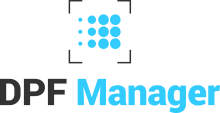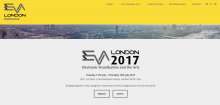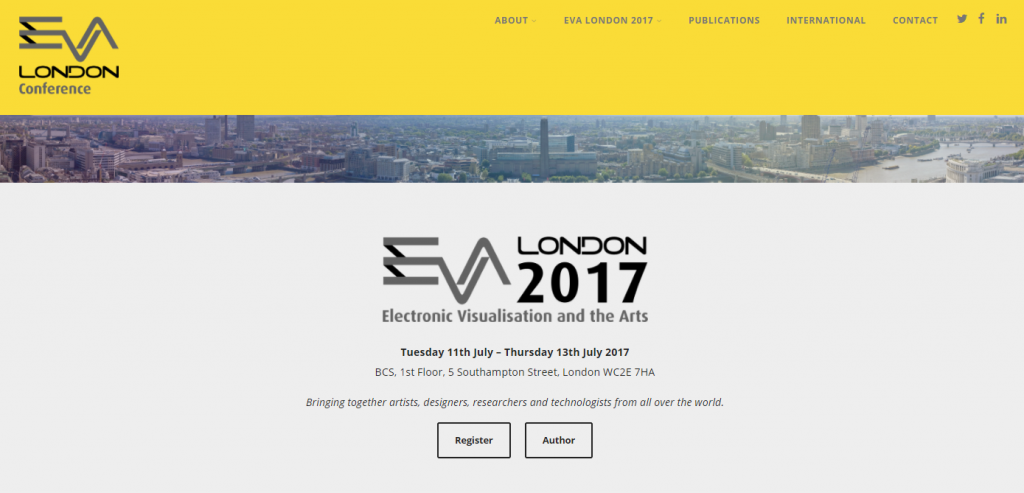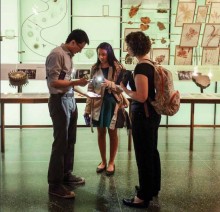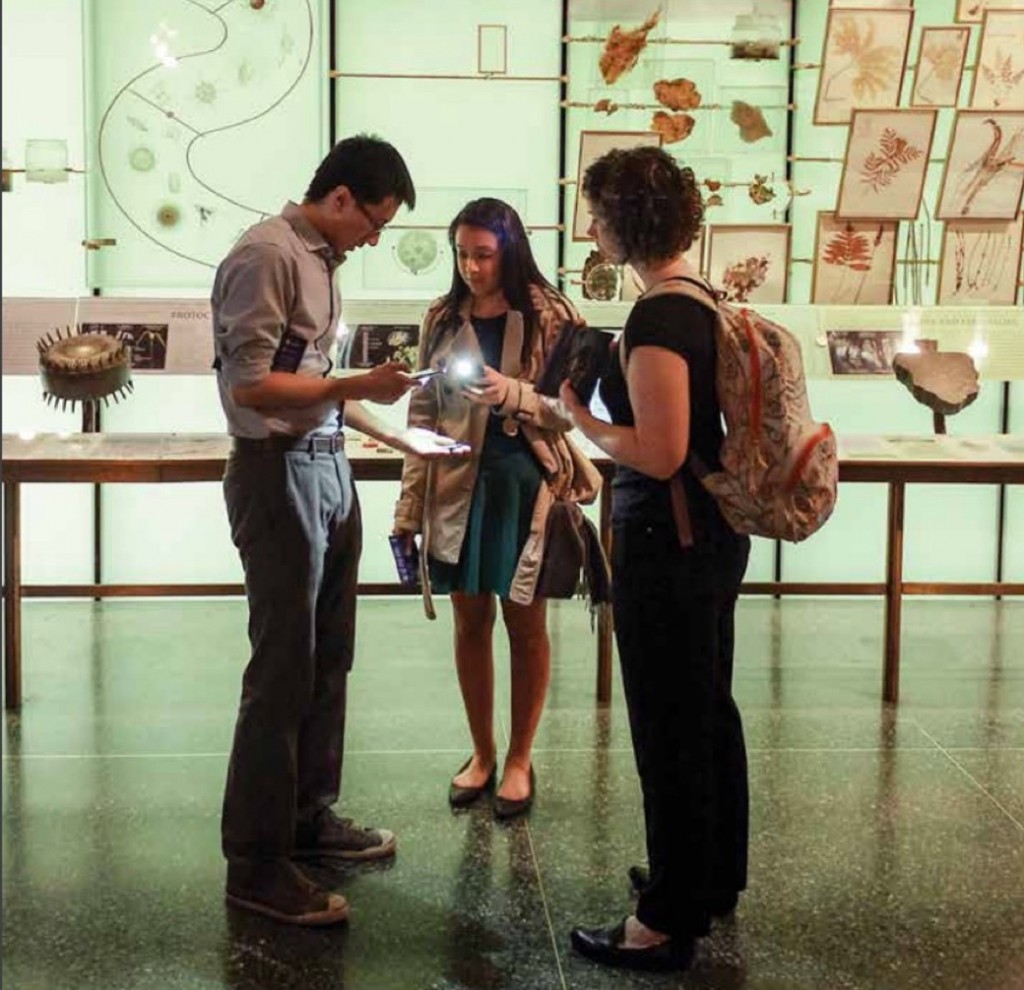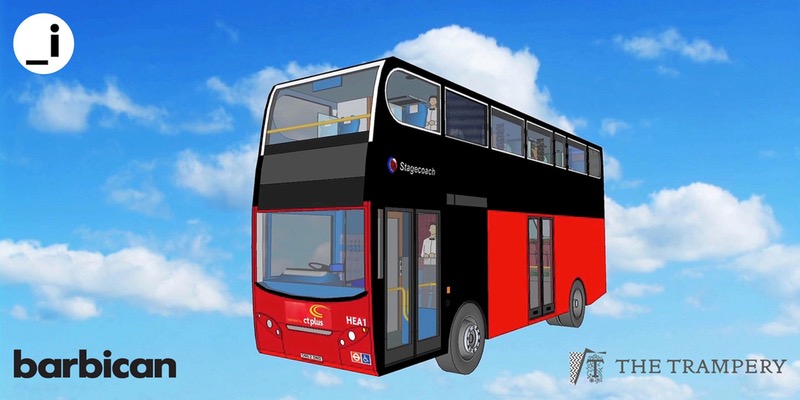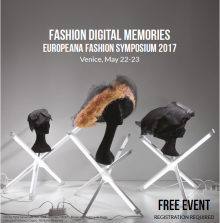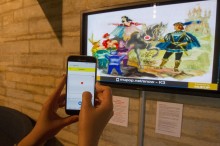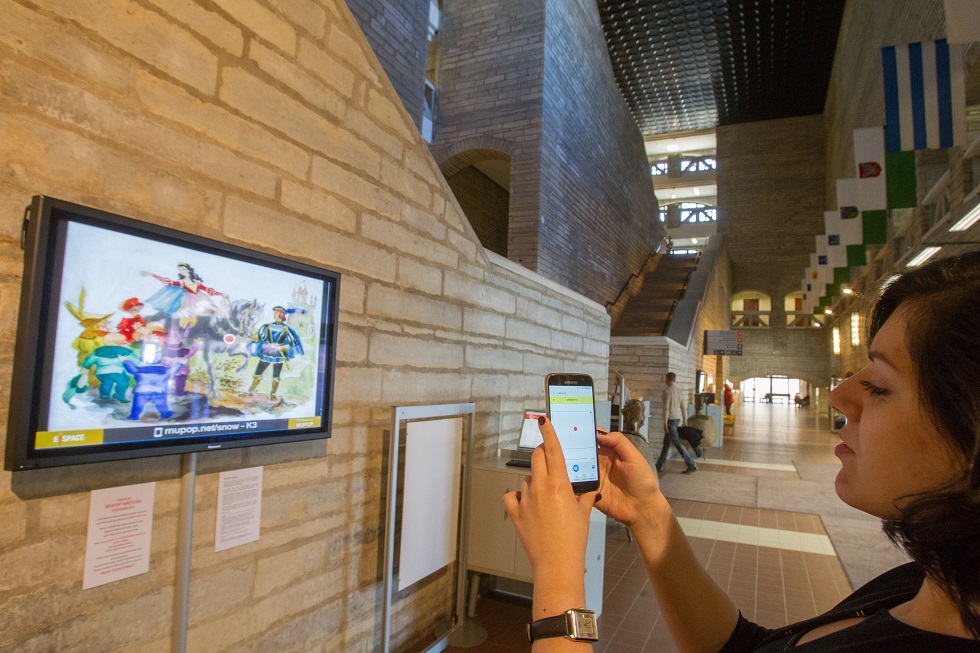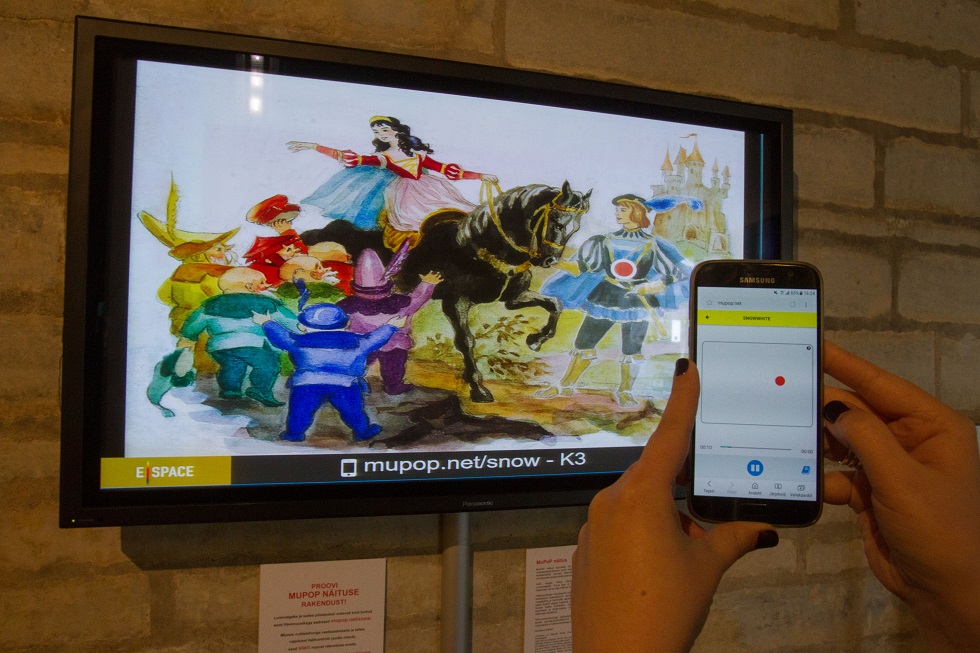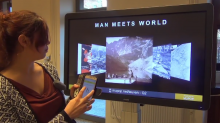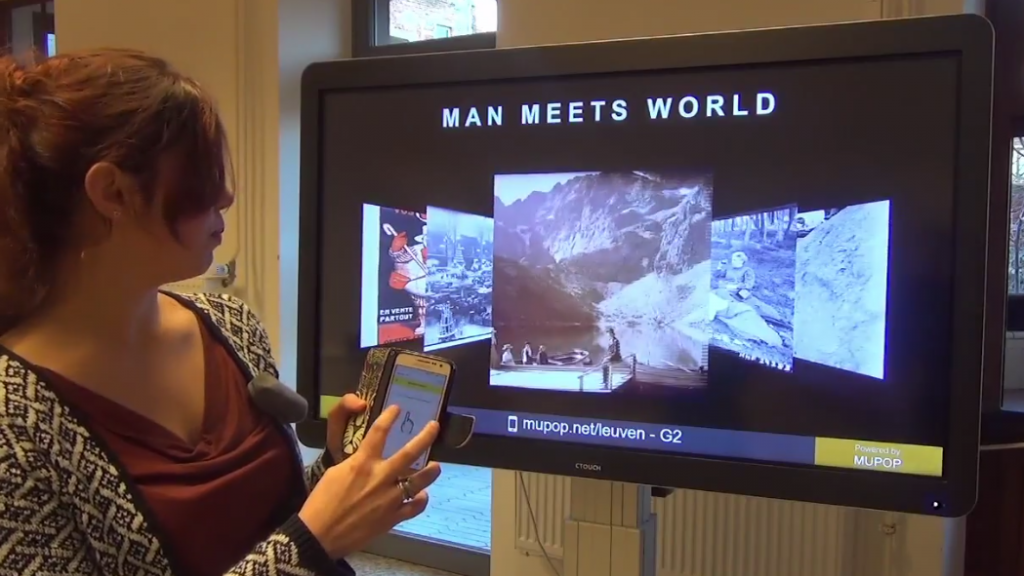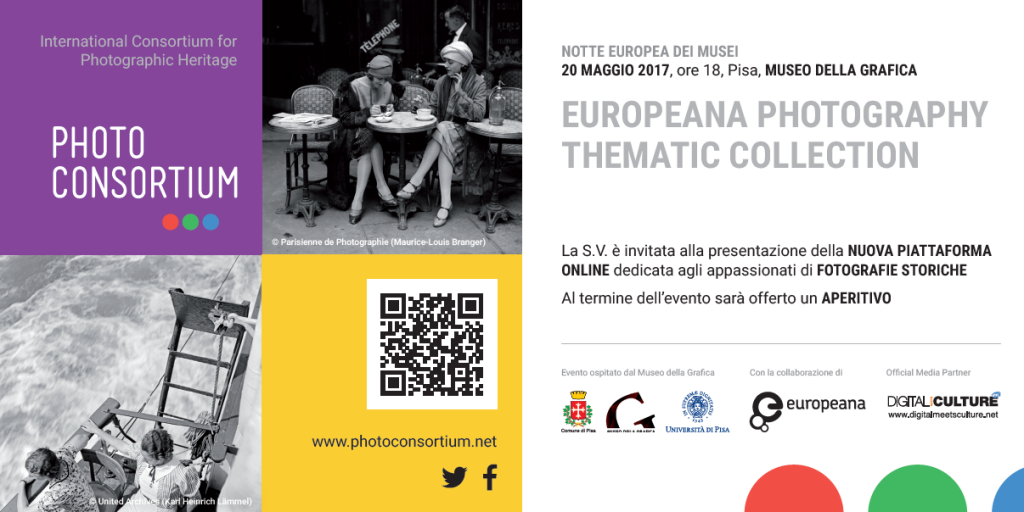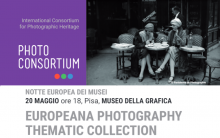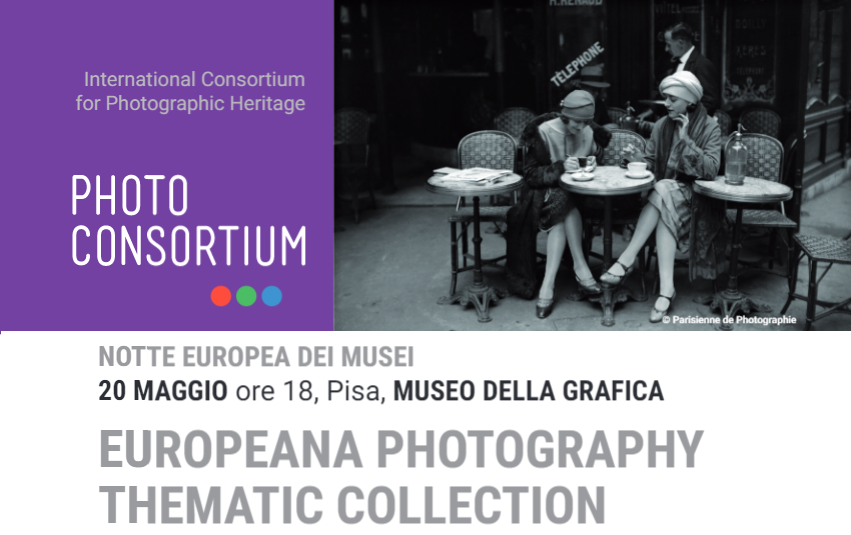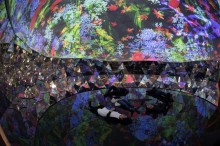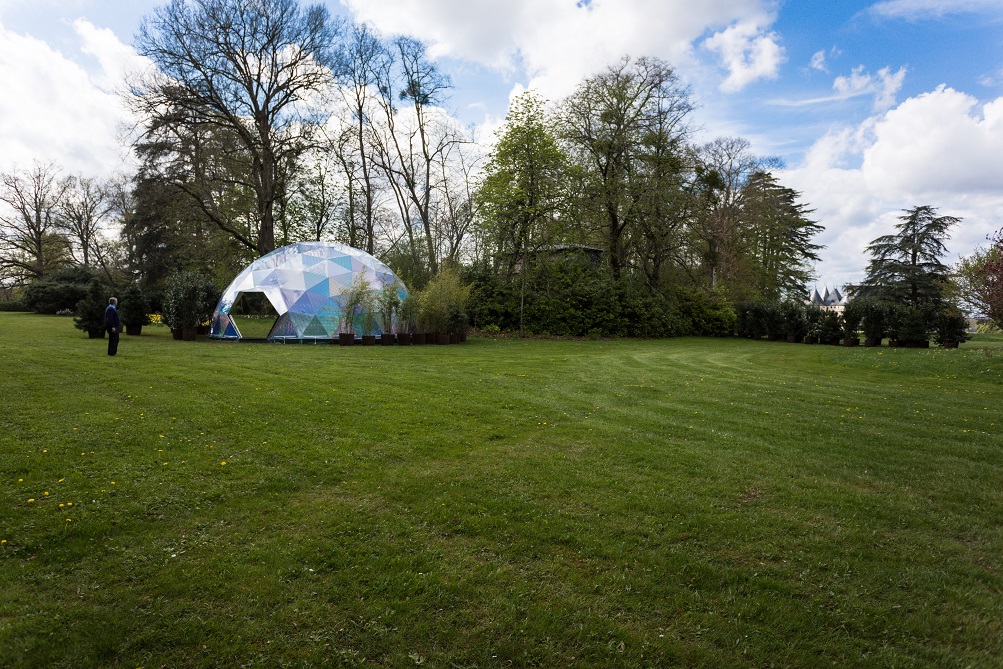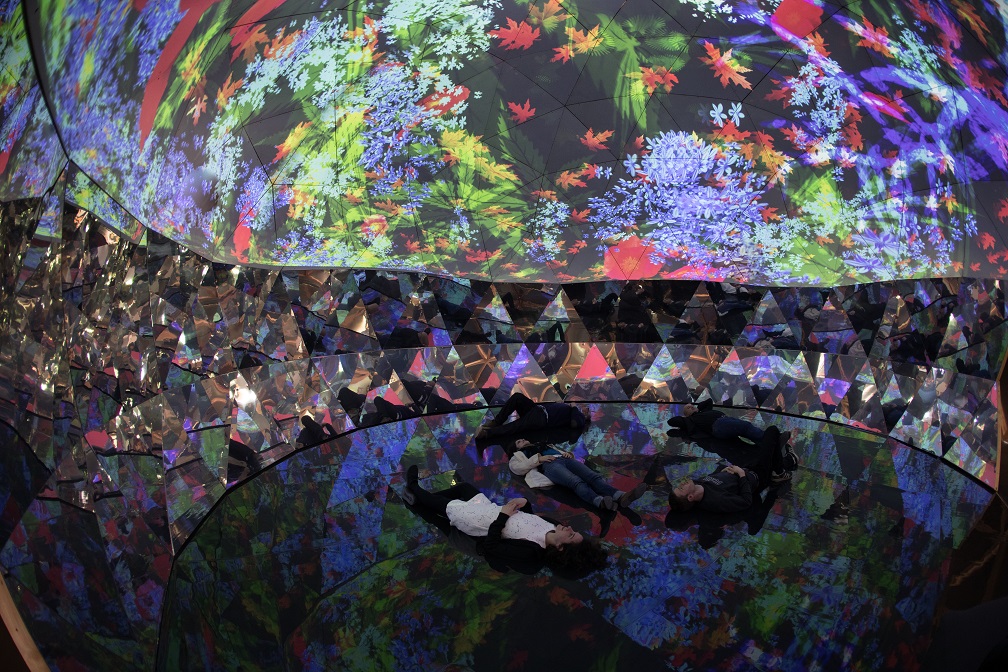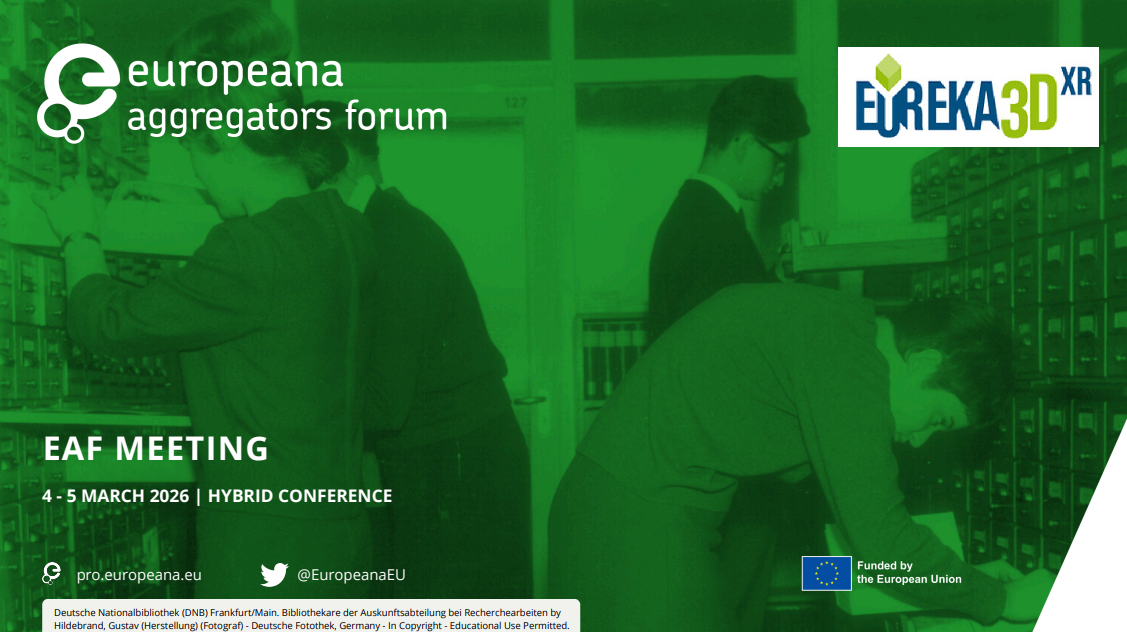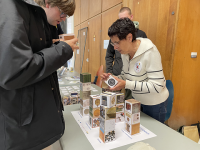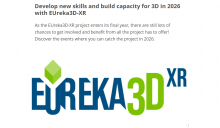The expression ‘Fashion heritage’ refers to a heterogeneous group of objects, different in nature and meaning. Lately, a general interest towards museum collections and archival materials related especially to fashion has been rising, demanding for access to this incredibly rich field of knowledge. It is the very variety of the ‘traces’ fashion leaves behind – not only clothes, but accessories, textiles, plates and magazines, sketches and photographs – that requires a reflection on what kind of technologies are better suited and how to apply them in order to preserve, disseminate and exploit these materials in all their potential.

The symposium gathers some of the most interesting case studies shaping their own practices in between the more traditional museum or archival practices with the new possibilities allowed by technology. These experiences nuance the relationship between fashion heritage and digital technologies. In presenting them all together, the symposium wants to tackle a variety of issues, concerning innovative techniques developed to update consolidated museum and archival practices, as conservation and traditional studies of material culture; reflections on how to incorporate technology in the conceptual and material development of displays and exhibitions; actions aimed at presenting fashion heritage to a wider – and often unspecialised – audience in appealing ways, exploiting the potential of social media and experimental platforms.
Invitation (PDF, 203 Kb)
Programme (PDF, 408 KB)
The opening keynote speaker will be Timothy Long, curator of Fashion and Decorative Arts at the Museum of London, who will describe how fashion heritage and technology intertwine in his own practice, crossing the realms of preservation, display and communication, and introducing the three main areas explored by the conference. The closing keynote speech will be given by Professor José Teunissen, Dean of the School of Design and Technology at London College of Fashion, whose practice as curator and educator bridges the gap between diverse territories, constantly challenging the boundaries of the relation between fashion and technology.
Speakers will also include Sarah Scaturro, Head Conservator at The Costume Institute, The Metropolitan Museum of Arts, in New York, Dr. Kate Bethune, Director’s Researcher at the Victoria and Albert Museum in London and Karen Van Godtsenhoven, Curator of Fashion at MoMu ModeMuseum Provincie Antwerpen.
Abstracts and bio (PDF, 393 Kb)
The symposium is organised by the Europeana Fashion International Association in collaboration with Università IUAV di Venezia and The New School – Parsons Paris. The event is co-funded by the European Commission within the Connecting Europe Facility (CEF) Programme.
Monday 22 May 2017, 14:00-17:30 – Tuesday 23 May 2017, 09:30-13:00
Aula Tafuri, Palazzo Badoer – Università IUAV di Venezia
San Polo (Calle de la Laca) 2468
30125 Venice
The event is free, registration is required. Register here:
https://europeanafashion2017.eventbrite.co.uk
About Europeana Fashion International Association
The Europeana Fashion International Association is a non-profit organisation established in order to bring together and engage fashion institutions (both GLAMs – Galleries, Libraries, Archives and Museums – and the creative industry) in the valorisation and exploitation of fashion heritage online.
One of the main objectives of the Association is to maintain and enrich the Europeana Fashion aggregator, through which more than one million fashion objects can be accessed, shared and promoted on-line, and that brings together more than 35 public and private archives and museums, coming from 13 European countries, in order to collect and give free access to high quality digital fashion content, ranging from historical dresses to accessories, catwalk photographs, drawings, sketches, videos, and fashion
catalogues.
Info: communication @ europeanafashion.eu
Follow Europeana Fashion:
Website www.europeanafashion.eu
Instagram europeanafashionofficial
Twitter @eurfashion
Facebook https://www.facebook.com/EuropeanaFashion/



